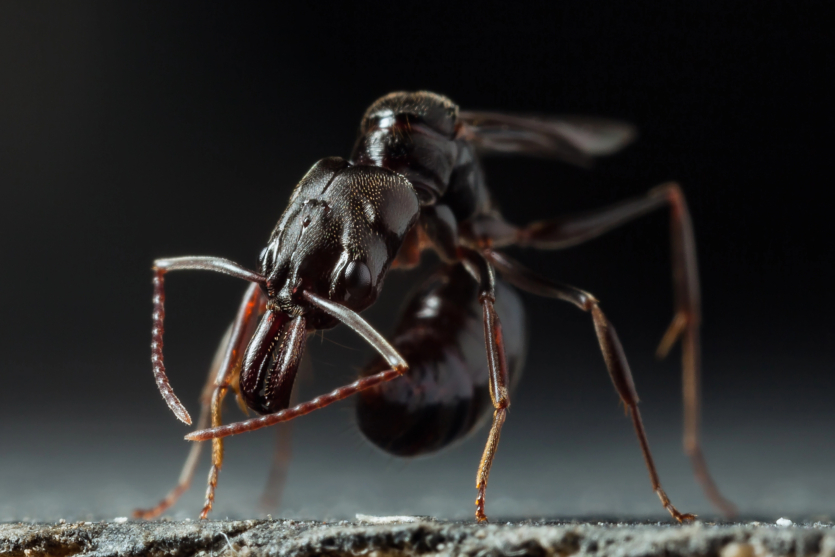
French scientists from the University of Montpellier have discovered an unusual reproductive strategy Iberian male ants.
According to the results of field and laboratory observations, it was found, that in addition to mating with males of their own species, queens of Iberian male ants mate with construction ants-men. In particular, the queens store and clone sperm to produce hybrids with the genomes of builder ants and mitochondria of male ants.
Interestingly, these two species of ants separated from each other 5 million years ago and do not share a common habitat. At the same time, the queens of Iberian female ants rely exclusively on male construction ants as a labor force. According to the researchers, this is similar to the process of domestication.
“Living organisms are supposed to produce offspring of the same species. In this paper, we report, that this rule was violated by Messor ibericus ants, when females produced individuals of two different species. Queens of M. ibericus are strictly dependent on males of M. structor, which is a well-differentiated, non-sister species. To the best of our knowledge, females, that need to clone members of another species, have never been observed before”, — the researchers report.
Queens of M. ibericus breed females, exclusively during mating with members of their own species, which may have been the reason for this unusual interspecific adaptation. Raising cloned males M. structor, queens provide maintaining the caste of worker antsas well as — male partners for the next generations of queens.
“At the intraspecific level, several cases of male cloning by ants from the sperm of their own species have been observed. In this case, our results indicate, that this phenomenon goes beyond interspecies barriers. Taken together, these results once again support the idea, that the cloned males should be characterized as a domesticated line of M. structor. Although they meet all the criteria for domestication, the relationship we describe is closer and more complex, than the most prominent examples known to date”, — the researchers emphasize.
The results of the study are presented in the journal Nature
Source: 404media

Spelling error report
The following text will be sent to our editors: